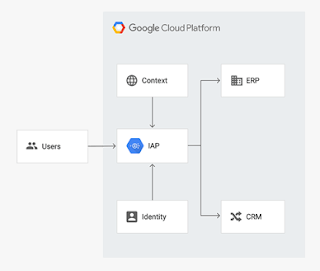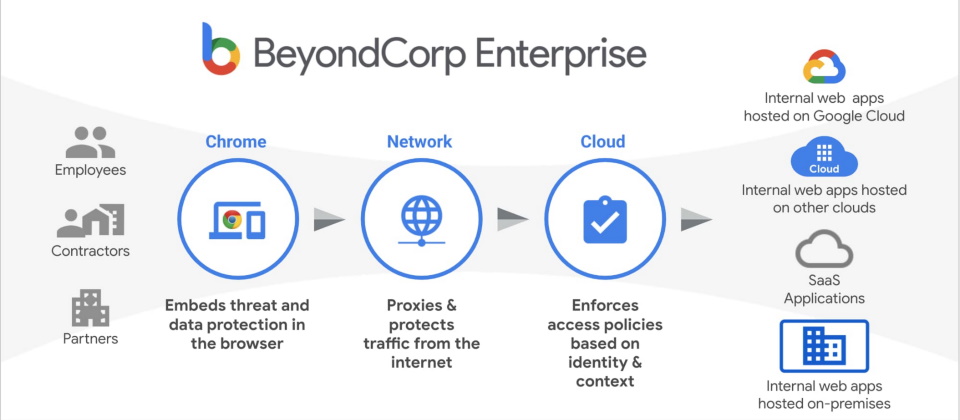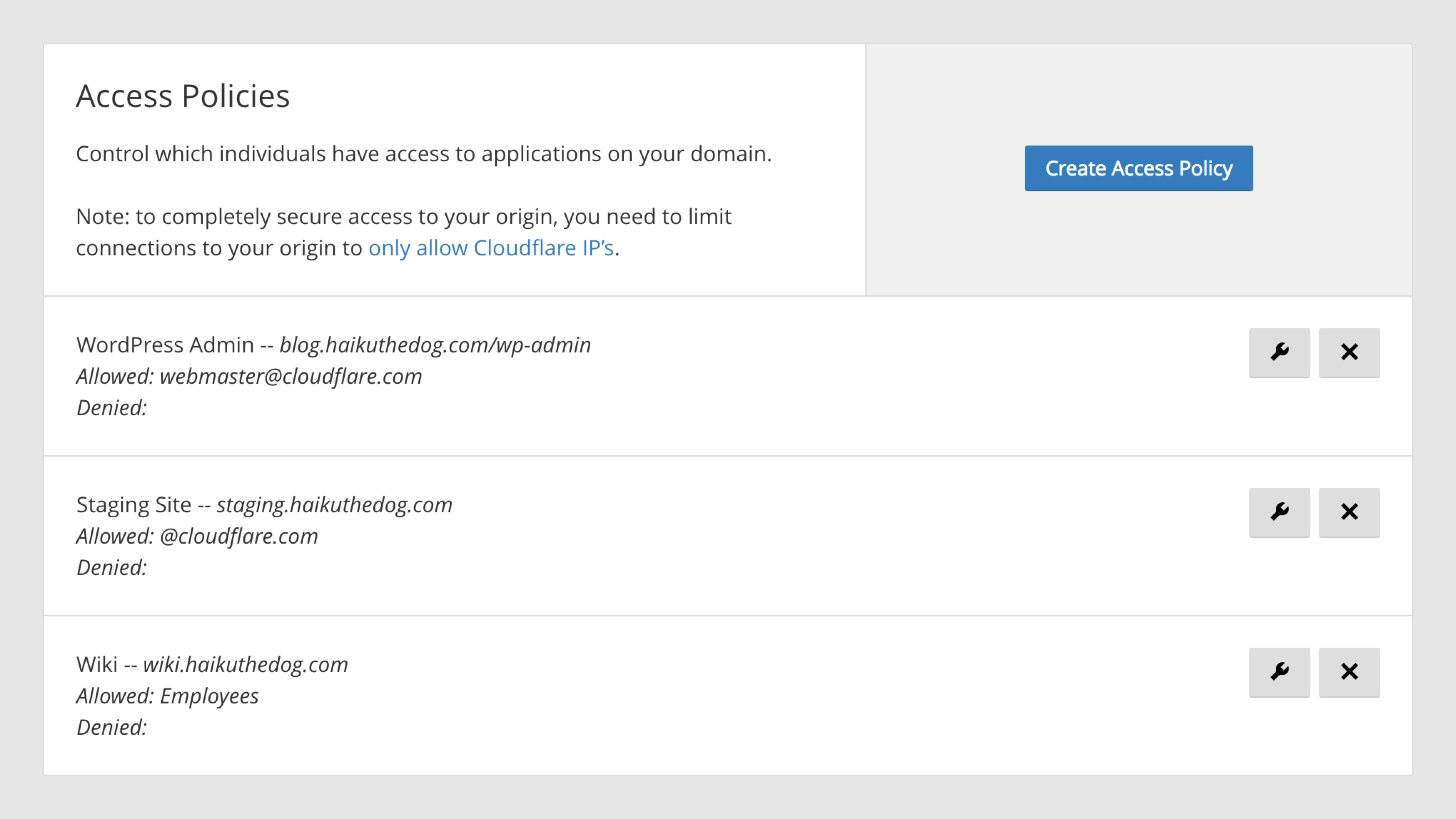

The pandemic and the SolarWinds hack has made security a bigger value proposition for companies like Microsoft and Google. SEE: AWS is opening yet another cloud computing region Google is encouraging organizations to use the Google Identity-Aware Proxy (IAP) to manage access to apps running in Google Cloud. Then there's Google's network with 144 network edge locations across 200 countries and territories, which helps back up its distributed denial of service (DDoS) protection service. Chrome has over two billion users, so it has scale too. Google's main weapon in the fight against sophisticated attackers is Chrome through which it's promising easy "agentless support". It's encouraging organizations to use Azure Active Directory for identity and access management versus on-premise identity management systems. These can be significantly mitigated by zero trust principles, such as restricting privileged access to accounts that need them and enabling multi-factor authentication.

Living and breathing zero trust for this long, we know that organizations need a solution that will not only improve their security posture, but also deliver a simple experience for users and administrators," said Sunil Potti, VP of Google Cloud Security.Īs Microsoft highlighted last week, the three main attack vectors in the SolarWinds attack were compromised user accounts, compromised vendor accounts, and compromised vendor software.

"BeyondCorp Enterprise brings this modern, proven technology to organizations so they can get started on their own zero trust journey. Google has been using BeyondCorp for several years internally to protect employee access to apps, data, and other users. The service allowed employees to securely access their company's internal web apps from any device and location. "Authentication and authorization (both subject and device) are discrete functions performed before a session to an enterprise resource is established."īeyondCorp Enterprise replaces BeyondCorp Remote Access, a cloud service Google announced in April in response to remote working due to the COVID-19 pandemic and the heightened need for virtual private network (VPN) apps. "Zero trust assumes there is no implicit trust granted to assets or user accounts based solely on their physical or network location (i.e., local area networks versus the internet) or based on asset ownership (enterprise or personally owned)," explains the National Institute of Standards and Technology (NIST). SEE: Power checklist: Local email server-to-cloud migration (TechRepublic Premium)

Microsoft last week urged customers to adopt a "zero trust mentality" and abandon the assumption that everything inside an IT network is safe and now Google has launched the BeyondCorp Enterprise service based around the same concept. Here's a look at how the cloud leaders stack up, the hybrid market, and the SaaS players that run your company as well as their latest strategic moves.Īs US security companies come to terms with the SolarWinds supply chain hack, Google and Microsoft are talking up their capabilities in the cloud around zero trust. Top cloud providers: AWS, Microsoft Azure, and Google Cloud, hybrid, SaaS players


 0 kommentar(er)
0 kommentar(er)
